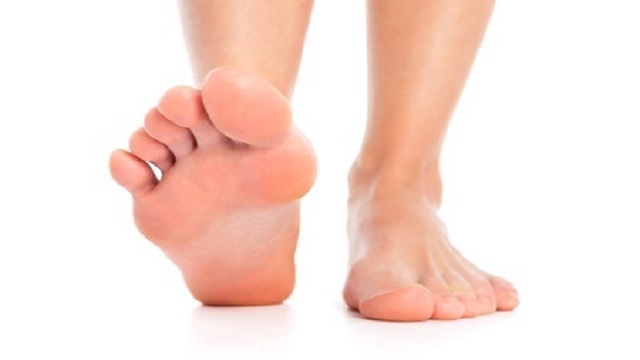Your feet can reveal diabetes, heart disease, and more; Know warning signs
Our feet can reveal and serve as indicators of various underlying health conditions, including diabetes and heart disease.
While we often focus on caring for our bodies and pampering our skin, our feet can reveal and serve as indicators of various underlying health conditions, including diabetes and heart disease. Recognizing these warning signs is crucial to maintaining overall well-being.
Identifying Health Problems through Your Feet:
Unhealed Wounds
If you notice a persistent wound on your feet that refuses to heal, it could be a potential sign of diabetes. Such wounds may indicate neuropathy, causing nerve damage and numbness. Diabetes can also reduce blood flow to the feet, hindering the healing process.
Itchiness and Scaly Rash
Itchy or scaly rashes, particularly between the toes, may suggest a fungal skin infection like Athlete’s foot. This condition often occurs in individuals with sweaty feet confined within tight-fitting shoes.
Swelling and Cold Toes
Swelling and cold toes could be indicative of heart disease. Several heart conditions can lead to symptoms such as swelling in the feet or legs, cold toes, numbness, leg and hip cramps, and shiny skin. Peripheral arterial disease (PAD) can cause fatty deposits in the arteries, restricting blood supply to leg muscles and resulting in additional symptoms like hair loss, slow-growing toenails, ulcers, skin color changes, erectile dysfunction, and muscle shrinkage.
Joint Pain (Gout)
Joint pain, often associated with old age, can also be due to gout. This type of joint pain results from the accumulation of uric acid crystals, leading to swelling, especially in the big toe. Gout attacks can cause sudden and severe pain, lasting up to seven days, but can be managed effectively with timely treatment.
Constant Foot Pain (Hypothyroidism)
Persistent foot pain might be a sign of hypothyroidism, characterized by an underactive thyroid. Hormonal imbalances in hypothyroidism affect various bodily systems, including the autoimmune system and metabolism. Swelling in the feet and ankles is a common symptom, resulting in stiffness and inflammation.
Cold Feet (Anaemia)
If you frequently experience cold feet, it could be an indication of anemia. Anemia can lead to poor circulation, causing cold feet. Additionally, anemic patients may experience fatigue, weakness, severe cramps, restless leg syndrome (RLS), and sensations of crawling or itching in the feet and legs, especially worsening at night.
Understanding the signals your feet send can be vital in identifying and addressing potential health issues early. Neglecting foot health may mean missing important clues that could lead to timely intervention and improved overall health.




 Ms Kalinga
Ms Kalinga